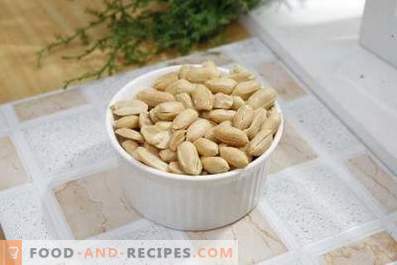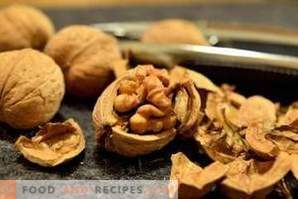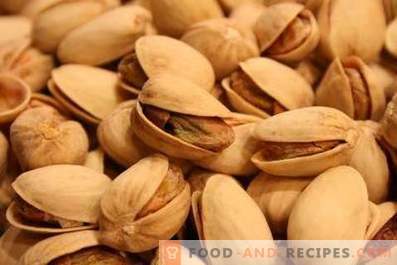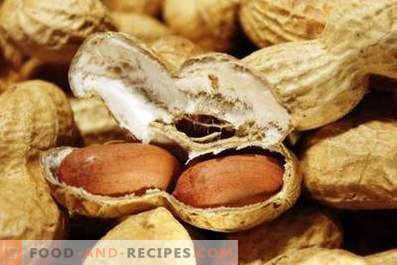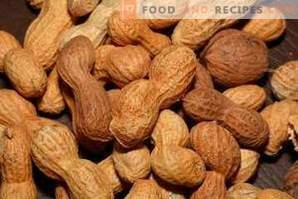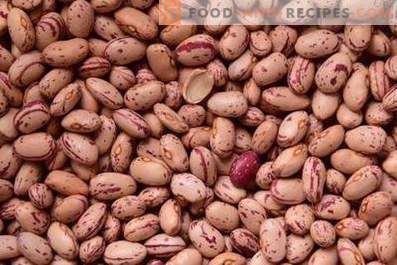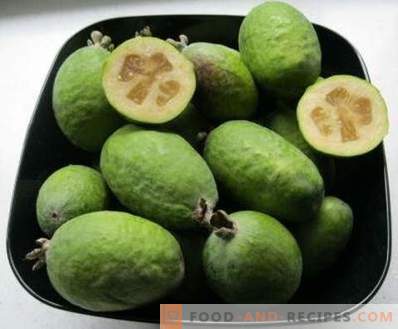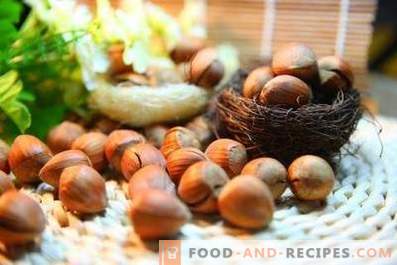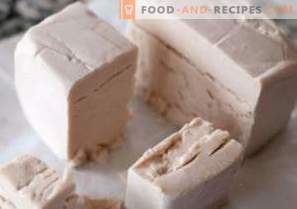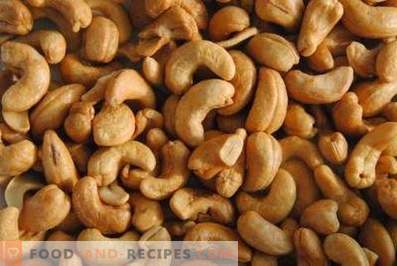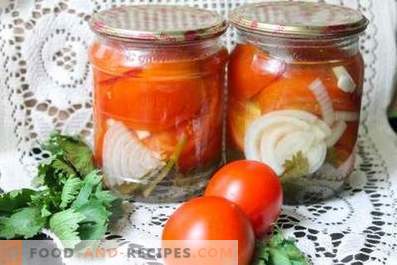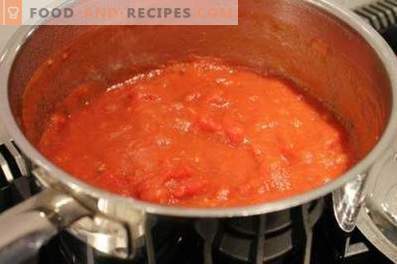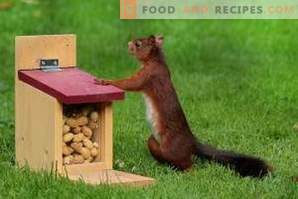
Among the whole diversity of the nut kingdom, peanuts are perhaps the most common. It can be bought at any supermarket, as well as in the market.
It is much cheaper than walnuts or hazelnuts, so it is most often used for baking cakes and other culinary products. It is successfully added to salads and meat dishes.
But in order not to accidentally spoil the culinary masterpiece, putting in it the rancid nuts, the hostess should be able to choose them correctly when buying.
How to choose a quality peanut
Now it is not often possible to find unpeeled peanuts on store shelves. But if you still decided to buy one, then you need to carefully consider it.
- A fully ripened peanut is a dry pod with beans inside. That is what is called peanut kernels. They should be elastic and large.
- If you shake the pod, then fully ripe nuts will make a dull sound, knocking on the walls. If you can hear that they roll too much, it means that the grains are either very small or have already dried out badly during improper storage.
- The peanuts should be well dried. If their shells are damp and bend, then the nuts are most likely stored in a room with high humidity. Or, having removed the harvest, they were not previously dried, as it should be according to technology. In such a case, its nucleoli may be rancid and tarnished.
- The smell emanating from unpeeled peanuts can also tell a lot about the product. Pods should not smell mildew and dampness.
- There should be no spots on the shells.
- When pressed, the dry pod breaks easily, cracking.
With the purchase of peeled peanuts, it is enough to carefully examine them to notice the nuts that have started to deteriorate. Then their thin reddish-brown skin becomes brown or dark brown.
Well dried nuts crush easily into two halves when pressed.
Before you buy, be sure to try a few pieces. They should be pleasant to the taste, not have bitterness and rancidity.
Unripe or raw peanuts taste like beans, which were pre-soaked in water for a long time.
On sale can be found and salted peanuts. It is already dried, peeled and sprinkled with fine salt.
You should not buy crushed peanuts, because in this way unscrupulous sellers can sell the remnants of the previous batch, the shelf life of which has already expired, or mix damaged nuts with good ones.
How to store unpeeled peanuts
If a lot of peanuts and it does not fit in the refrigerator, it is stored in a dark cool place. It should be well ventilated.
Humidity is also important. In a dry room, peanuts can dry out so that their nuts will shrivel. And in a storehouse with moist air, they will mold. The shelf life of peanuts also depends on the temperature. The lower it is, the longer the nuts will remain fresh.
How to store peeled peanuts
Peanuts must be dried before storing them.
If the nuts are moist to the touch and slightly soft, they are scattered on trays and dried for several days in a warm dry place. For example, placed above the oven.
Peanuts can be dried in an electric dryer at 50-60 ° or in the oven. In order not to overdo it, you need to be close and follow the process, occasionally turning over the grains.
Dry beans easily part with their skin and are pleasant to the taste.
How to store peanuts in the refrigerator
The refrigerator is the best place to store peanuts. But, given the fact that there is high humidity, nuts are placed in a jar, which is tightly closed with a lid.
Capacity needs to be taken in such a volume that the nuts fill it to the top. Then in the container will be the minimum amount of air that affects the oxidation of the product.
How to store peanut butter
Peanut paste is a tasty and rather high-calorie product made from peanut kernels. It is used for sandwiches and baking. High-quality peanut butter has a light brown or yellowish color and a pleasant nutty flavor. It should have a uniform consistency.
Store peanut paste in a glass container with a tightly closed lid. If the paste has not yet been opened, the jar can be stored in a dark, cool place for about a year.
The jar, which has already been opened, should be kept only in the refrigerator, and the lid should be tightly closed. The shelf life of such a paste is significantly reduced. It should be used in food for two months.
Helpful Information
- Peanuts are rich in unsaturated fatty acids, which prevent the development of atherosclerosis, blockage of blood vessels.
- In peanuts there are vitamins C, P, D, E, as well as useful trace elements: magnesium, iron, potassium, calcium, phosphorus, zinc, copper, sodium, manganese.
- Peanuts can cause an allergic reaction.
- It is very high in calories, so it should be eaten in moderation.
- Rancid peanuts should not be eaten because aflatoxins accumulate in it, which adversely affect human health.

